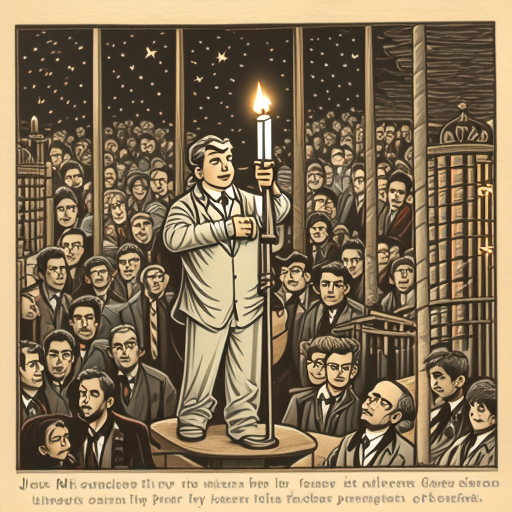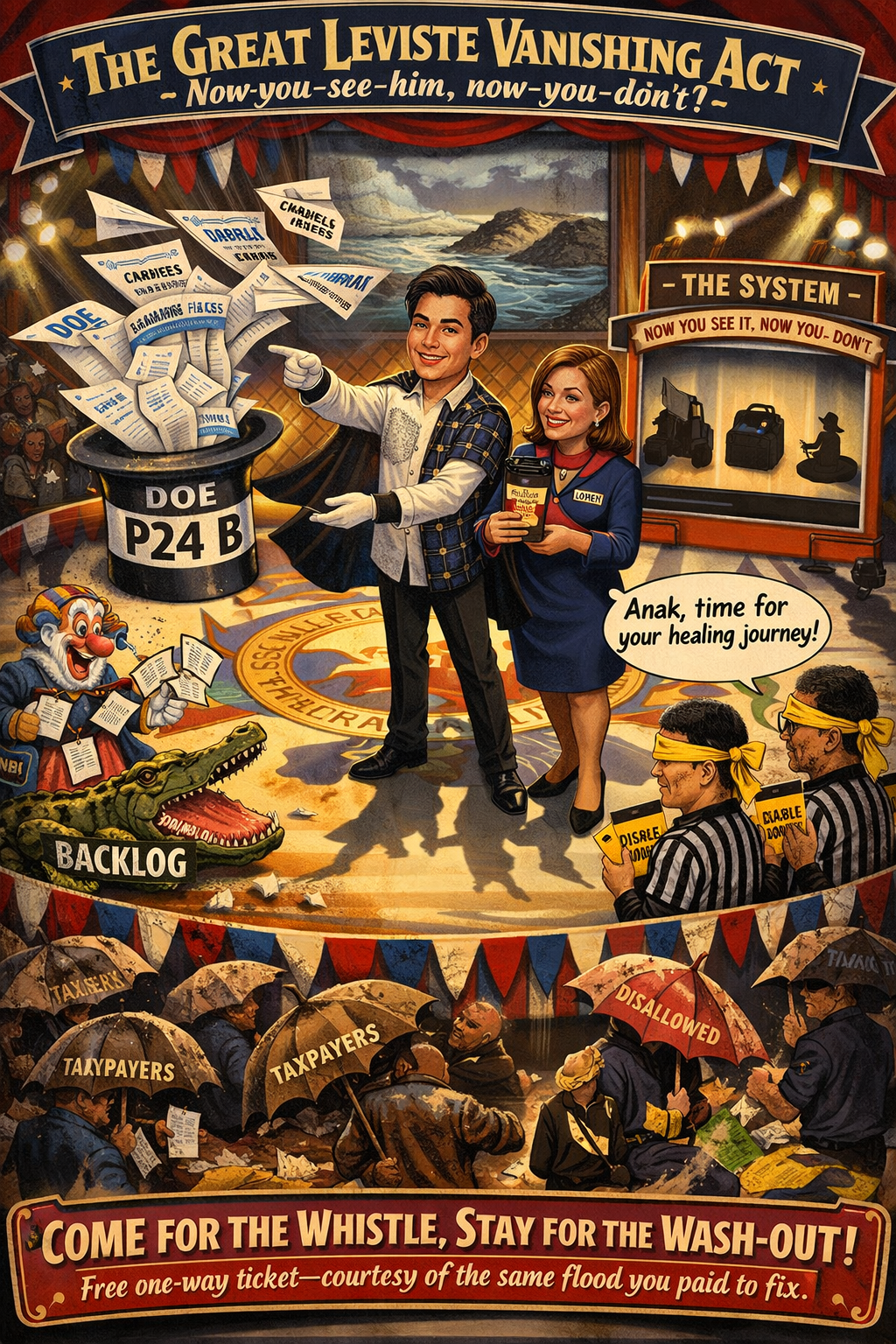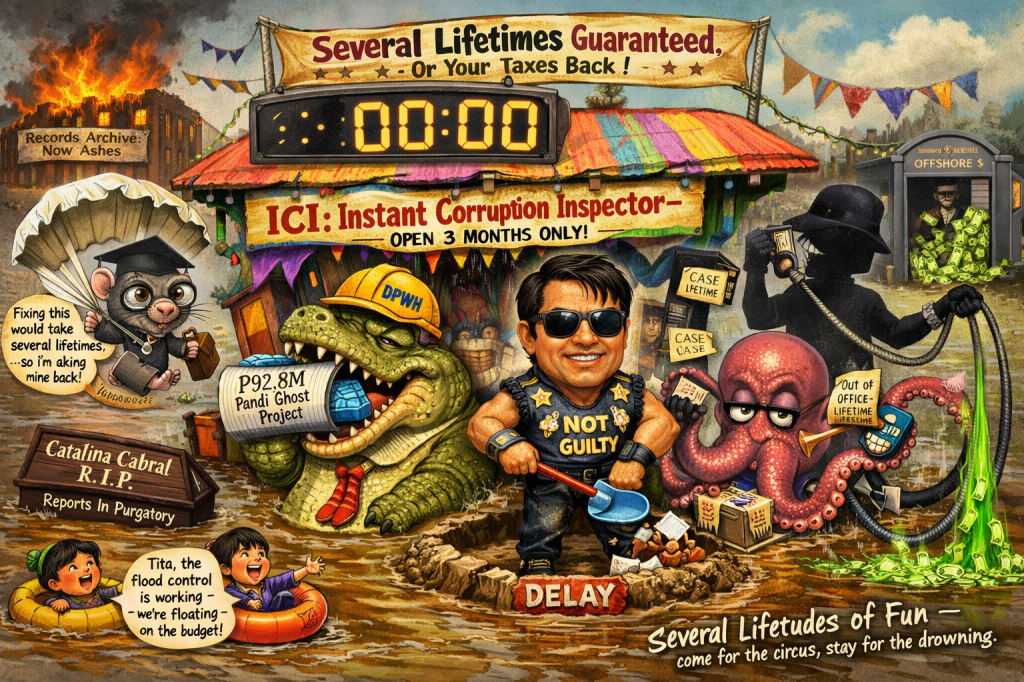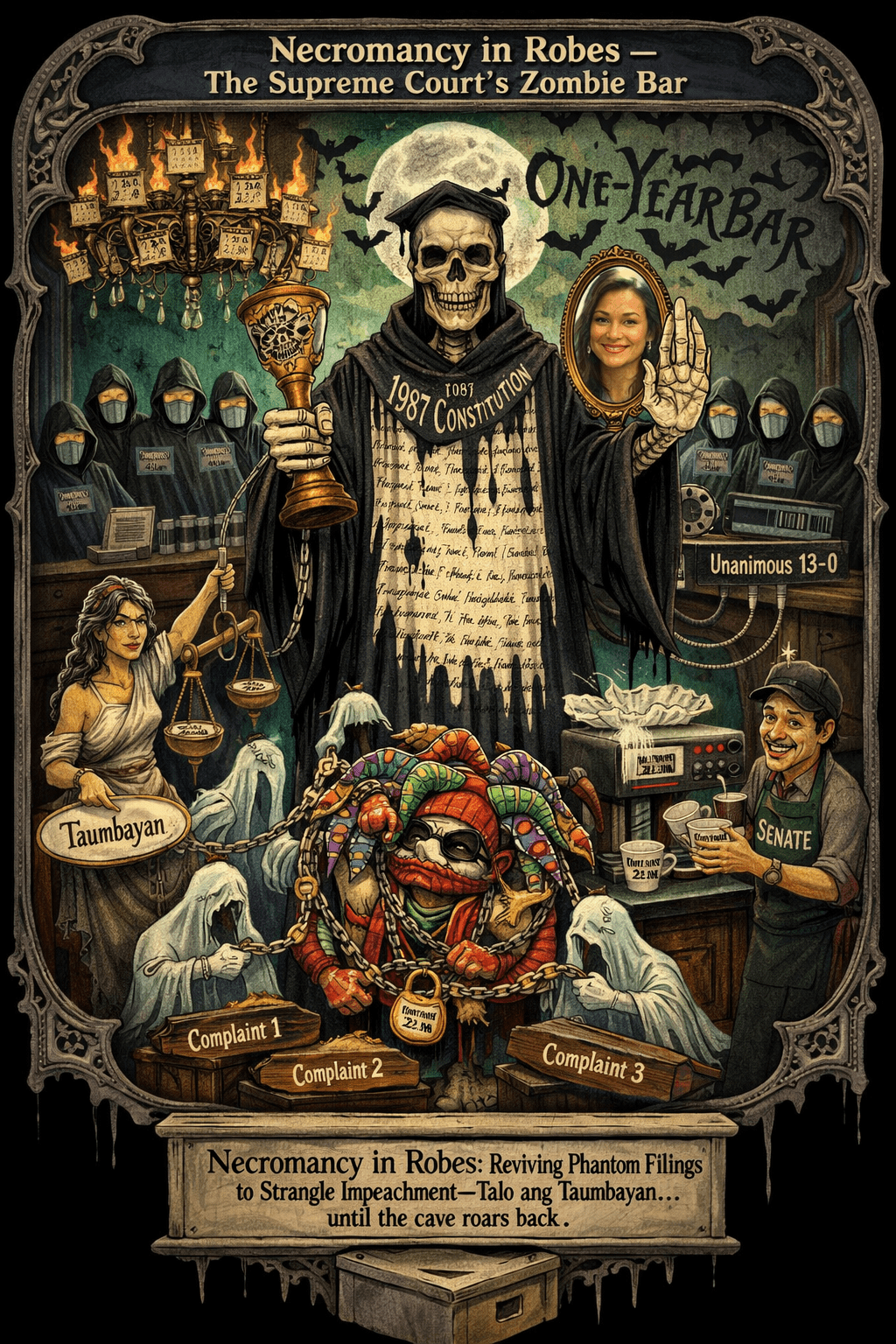By Louis ‘Barok’ C. Biraogo
In the shadows of Manila, a guiding light of inspiration emerges amidst the darkness of injustice and overcrowded jails. The recent directive from the Department of Justice (DOJ) heralds a new era of criminal prosecution, one that promises not only ironclad convictions but also relief from the suffocating grip of jail congestion. But as the curtains rise on this transformative development, the real question remains: will Filipinos embrace this newfound light, or will they be consumed by the shadows of doubt and fear?
Atty. Jesse Andres, a stalwart champion of justice and a copper-bottomed undersecretary of the Department of Justice, stands as a solitary beacon amid the tumult, his words echoing like whispers in the dark. With the implementation of Department Circular 20, Andres unveils a bold vision for justice, one that prioritizes the rights of victims and aims to dismantle the shackles of impunity that have plagued the nation for far too long. But as the numbers begin to drop, and the promise of fewer cases hangs in the air, one cannot help but wonder: at what cost does this newfound clarity come?
The heart of Andres’ directive lies in its emphasis on cooperation between law enforcement and prosecutors, a symbiotic relationship forged in the fires of necessity. Gone are the days of haphazard cases and flimsy evidence; in their place stands a demand for prima facie evidence, a demand for certainty in the pursuit of justice. But as the spotlight shines on this newfound rigor, one cannot help but wonder: who will be left in its unforgiving glare?
As the DOJ prepares to cascade this program throughout the country, the promise of justice hangs in the balance. Will convictions soar to new heights, or will the echoes of doubt reverberate through the halls of justice? For Andres, the answer lies in a simple truth: before a person can be charged in court, there must be more than sufficient evidence to prove all the elements of the crime. But as the wheels of justice begin to turn, one cannot help but wonder: what lies beyond the threshold of certainty?
In the corridors of power, whispers of change echo through the chambers of the Supreme Court. As changes to the rules of criminal procedure loom on the horizon, the promise of a new dawn beckons. But as Filipinos stand on the precipice of transformation, they must heed the call to action. Will they embrace this newfound light, or will they retreat into the shadows of doubt and fear?
As the night unfolds and the stars fade into oblivion, one thing remains certain: the future of justice in the Philippines hangs in the balance. Yet, amidst this uncertainty, there lies a glimmer of hope—a beacon of possibility heralded by the transformative measures set forth by the DOJ. With the promise of fairer trials and reduced congestion in jails, Filipinos stand on the brink of a brighter tomorrow. As the dawn of a new era approaches, the prospect of justice prevailing over injustice grows ever stronger, casting aside the shadows of doubt and fear. It is a call to action, an invitation to embrace change, and a testament to the resilience of a nation determined to forge a path towards a more just and equitable future.














Leave a comment